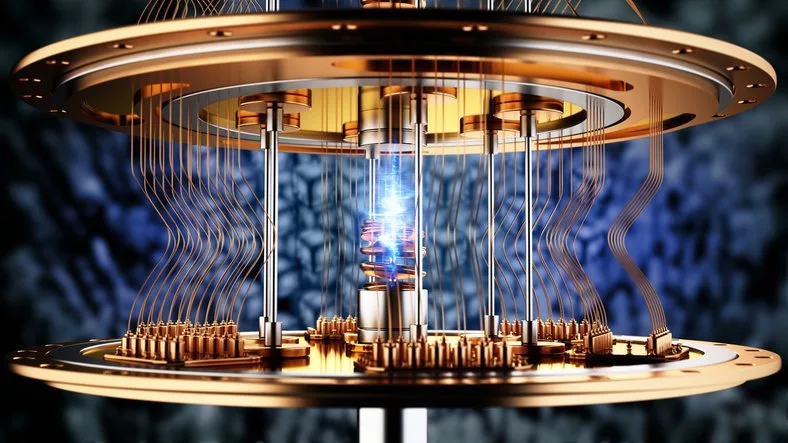One of the biggest challenges in quantum computing is to reach steady state. But Google researchers have recently discovered a new technique using artificial intelligence to make the use of quantum computing practical in real life.
In a research paper published in the journal Nature, researchers from Google’s DeepMind unit explain that their new AI system, called AlphaQubit, has been remarkably successful in correcting errors that have long plagued quantum computers. This success could eventually pave the way for the use of quantum computing in everyday life.
Google researchers have discovered a new way to correct quantum errors
For practical use, quantum computers require an error rate of only one per trillion operations (10-^12), but current hardware has an error rate of between 10-3 and 10-2 per operation, making error correction critical. In a statement published by Google, it is stated:
“Quantum computers have the potential to revolutionize drug discovery, materials design, and fundamental physics, provided we can get them to work reliably. But nothing is perfect. Quantum systems are incredibly fragile. “Even the slightest environmental interference from heat, vibration, electromagnetic fields or even cosmic rays can disrupt their delicate quantum states and lead to errors that make calculations unreliable.”
Google also went on to say that quantum computers can solve problems in just a few hours that would take ordinary computers billions of years to solve, but the new processors are more susceptible to noise than conventional processors.
Google’s AlphaQubit artificial intelligence system aims to tackle this problem. This system uses a complex neural network architecture that has shown unprecedented accuracy in detecting and correcting quantum errors. In fact, AlphaQubit shows about 6% less error than the best previous methods in large experiments and 30% less error than traditional techniques.
Although AlphaQubit is considered a step forward and has excellent performance in accurately detecting faults, this system is still very slow in correcting faults in a superconducting processor in real time.
RCO NEWS














